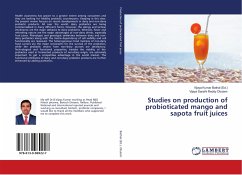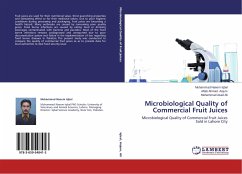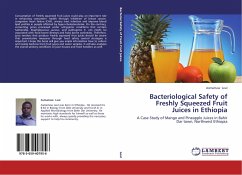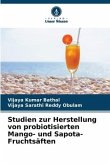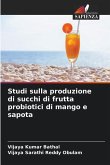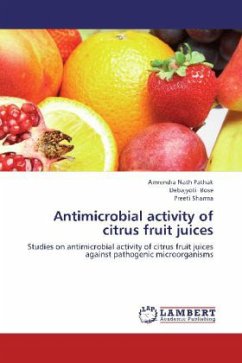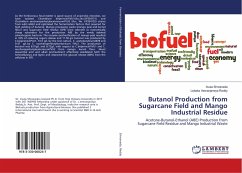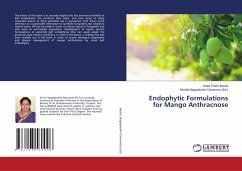Health awareness has grown to a greater extent among consumers and they are looking for healthy probiotic counterparts. Keeping in this view, the present review focuses on recent developments in dairy and non-dairy probiotic products. All over the world, dairy probiotics are being commercialized in many different forms. However, the allergy and lactose intolerance are the major setbacks to dairy probiotics. Whereas, flavor and refreshing nature are the major advantages of non-dairy drinks, especially fruit juices. Phenotypic and genotypic similarities between dairy and non-dairy probiotics along with the matrix dependency of cell viability and cell functionality are reviewed. The heterogeneous food matrices of non-dairy food carriers are the major constraints for the survival of the probiotics, while the probiotic strains from non-dairy sources are satisfactory. Technological and functional properties, besides the viability of the probiotics used in fermented products of non-dairy origin, are extremely important to get a competitive advantage in the world market. The functional attributes of dairy and non-dairy probiotic products are further enhanced by adding prebiotics.
Bitte wählen Sie Ihr Anliegen aus.
Rechnungen
Retourenschein anfordern
Bestellstatus
Storno

